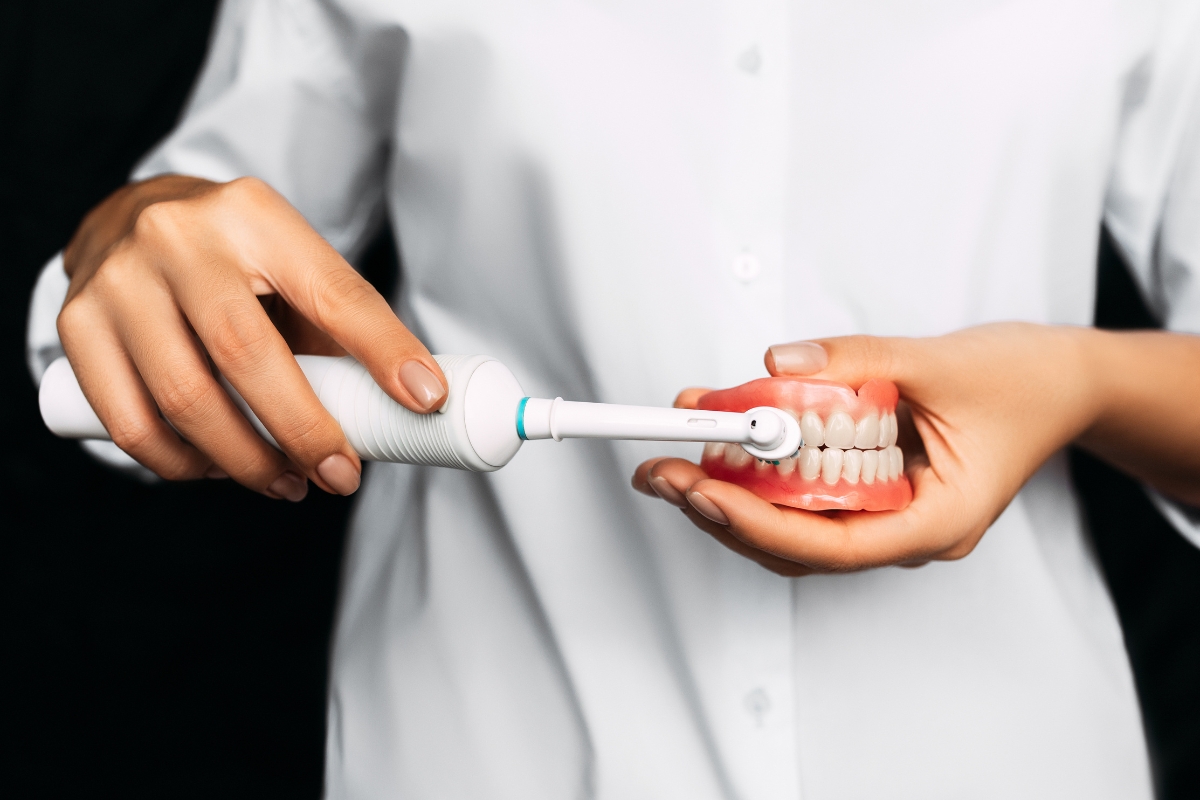
The sudden sting that you feel when you sip your morning coffee or take a bite of ice cream could be harmless at first. But if it persists, it might be your body’s way of saying that it needs help. Tooth sensitivity is one of the most common oral complaints, occurring in approximately 1 in 8 American adults, according to the Journal of the American Dental Association. The good news is that it can be treated, but you shouldn’t delay treatment. Knowing when to get the treatment for sensitive teeth can prevent it from getting worse.
Knowing What’s Behind the Sensitivity
Teeth sensitivity results when the hard enamel wears away on your teeth or gums recede and pull back, exposing dentin underneath. The inner layer contains tiny tubules that connect to the tooth’s nerve, so hot, cold, or sweet foods and drinks can sting.
Everyday habits that can cause or make sensitivity worse are:
- Brushing too hard or with a hard-bristle brush
- Crunching late at night
- Sour foods and drinks
- Gum disease or gum recession
- Tooth decay or a cracked tooth
Signs It’s Time to Visit Your Dentist
If your tooth sensitivity persists or seems to be worsening, it’s time to make an appointment with your dentist in Bedford. Sensitivity due to whitening treatments or temperature differences can subside, but persistent pain will indicate that there is a problem.
You should get treatment for tooth sensitivity if you notice:
- Recurring pain after consuming food or beverages
- Sensitivity in one area of the mouth
- Broken or discolored teeth that can be seen
- Redness, bleeding, or recession of the gums
Ignoring sensitivity will allow small problems like enamel erosion to progress to serious problems like cavities, fractures, or infection.
Why Early Dental Care Matters
A visit to your Bedford dentist early on can make all the difference. Professional evaluation results in determining the cause rather than just masking the pain. Desensitizing toothpaste, fluoride varnishes, or sealants might be recommended by your dentist. If the issue is structural, such as a cavity, worn filling, or gum recession, corrective treatments such as bonding or gum therapy might be needed.
Home Care That Complements Professional Treatment
Besides professional treatment, several home oral care tips can complement sensitive teeth:
- Use a soft-bristled toothbrush and a gentle brushing technique.
- Avoid highly acidic foods like citrus fruits and soda.
- Rinse using an antimicrobial mouthwash to help re-establish enamel.
- If you grind your teeth, wear a nightguard.
These tiny adjustments make professional treatment more fruitful and maintain your smile’s health.
Mild discomfort can quickly progress to severe pain if left unchecked. Sensitivity may also be an early sign of decay or gum disease that needs timely attention. By scheduling a checkup with Dr. Elam at Maegan Elam, DDS & Associates before symptoms worsen, you’re taking a proactive step to get to the source of your pain. If you’ve been living with that stabbing pain for long enough, it’s time to do something about it.


